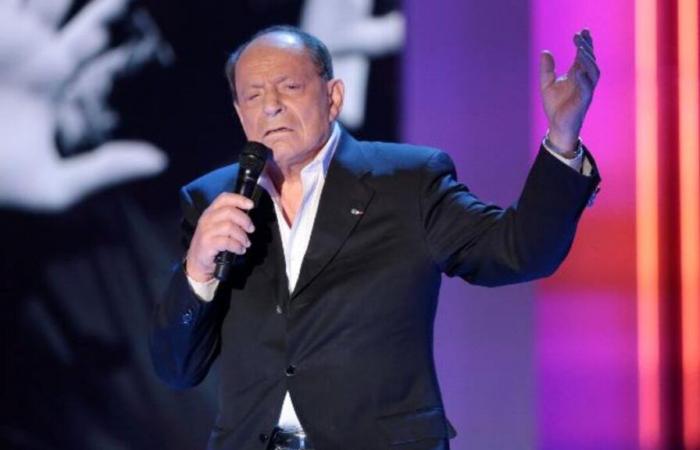He was the composer of Edith Piaf. Charles Dumont died during the night from Sunday to Monday at the age of 95, his partner Florence announced to AFP. He was notably at the origin of the title “Non je ne regrette rien”, one of Edith Piaf’s greatest successes. “She had kicked me out three times and I didn’t want to go there anymore. But Michel Vaucaire convinced me to try our luck one last time with this song. As I listened, I saw Edith’s face go from hostility to revelation. And we never left each other until his death in 1963,” he confided to Le Parisien in 2018.
This singer-songwriter, who also collaborated with Barbra Streisand, died after a long illness at his home.
VideoCharles Dumont, Piaf’s composer, said: “Goodbye! »
The career of this trained trumpeter took a major turn at the turn of the 1960s when he convinced the star Édith Piaf to perform one of his compositions, after having suffered several refusals. “My mother gave birth to me but Édith Piaf brought me into the world,” said the singer and pianist born in Cahors on March 26, 1929. “Without her, I would never have done everything I have done, neither as a composer, nor as a singer,” he assured during an interview with AFP in 2015.
For Charles Dumont, this meeting marked the beginning of a fruitful collaboration with Piaf, which gave birth to more than thirty pieces, including “Mon Dieu” and “Les floflons du bal”.
Throughout his nearly sixty-year career, Charles Dumont also collaborated with Dalida and Tino Rossi and reconverted into a “crooner” at the end of the 1960s, abandoning his protest songs.
He then released a series of albums where love took the lion’s share… The album “Une femme” earned him the Charles-Cros Academy prize in 1973. His last appearance on stage dates back to 2019 at the Eiffel Tower theater.
“When you come back in front of an audience, who comes to see you as they did 20, 30 or 40 years ago and gives you the same welcome, then they give you back your 20 years,” he said.






